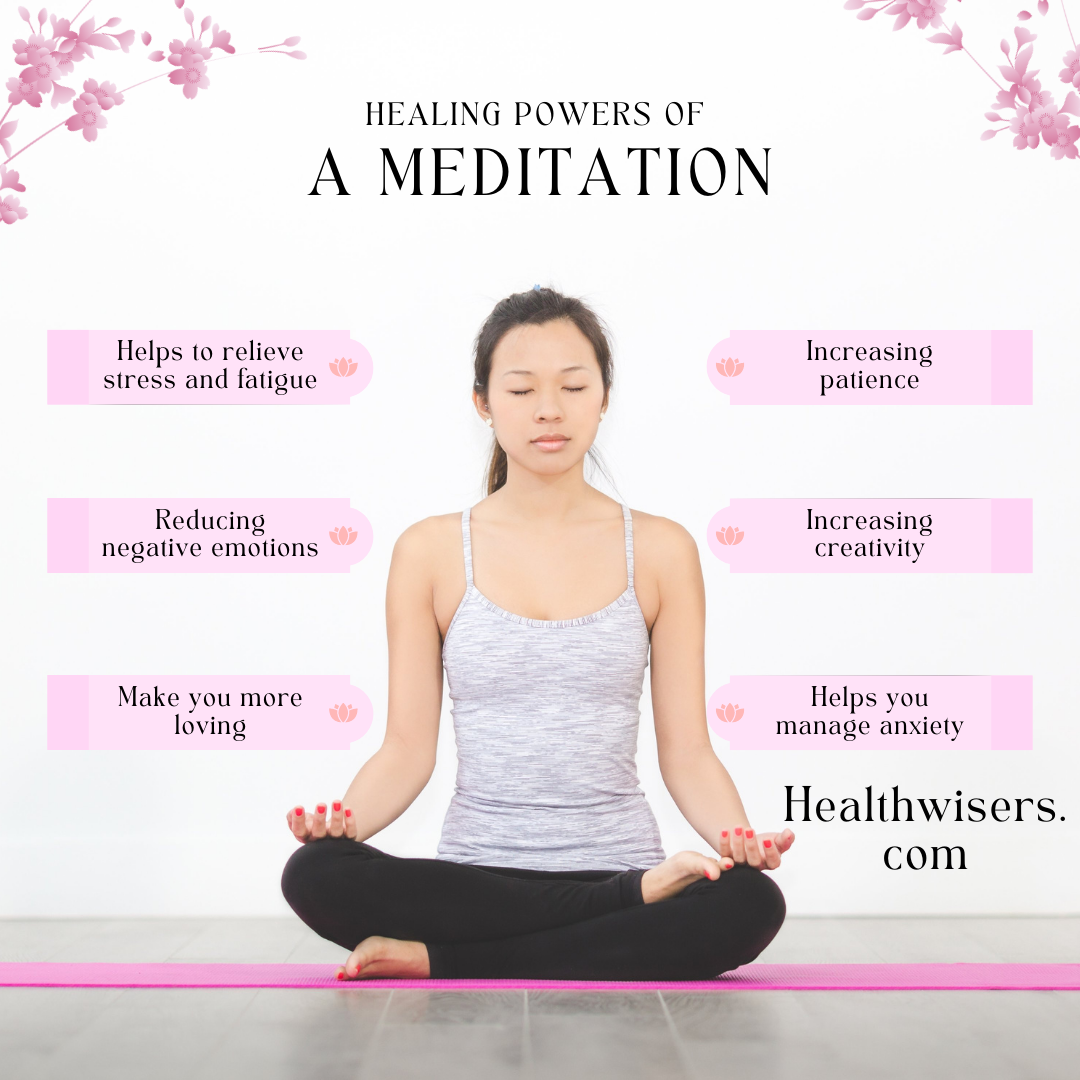Are you looking for an effective way to reduce stress and improve your overall well-being? Look no further than meditation! Meditation has been used for centuries as a tool for stress relief and relaxation, and its benefits are supported by scientific research. In this article, we will explore the benefits of meditation for stress relief, and how it can help you achieve a more balanced and peaceful life.
Stress is a common problem that affects millions of people around the world. Whether it’s related to work, family, or personal issues, stress can have a negative impact on our physical and mental health. Fortunately, meditation can help to alleviate the negative effects of stress and improve our overall well-being.
Meditation has been shown to reduce the levels of cortisol, a hormone that is released in response to stress. When cortisol levels are high for an extended period, it can lead to negative health effects such as anxiety, depression, weight gain, and sleep disorders. By practicing meditation regularly, we can reduce cortisol levels and prevent these negative effects from occurring.
Additionally, meditation has been shown to increase activity in the prefrontal cortex, the area of the brain responsible for decision-making, emotional regulation, and attention. By increasing activity in this area, we can improve our ability to manage stress, make better decisions, and improve our overall mental health.
So, how can you start incorporating meditation into your daily routine? The good news is that meditation is easy to learn and can be practiced anywhere, anytime. Here are some tips to get started:
- Find a quiet and comfortable place where you won’t be disturbed.
- Sit in a comfortable position with your back straight and your hands on your lap.
- Close your eyes and focus on your breath. Take slow, deep breaths and focus your attention on the sensation of your breath entering and leaving your body.
- If your mind wanders, gently bring your attention back to your breath. Don’t worry if your mind wanders frequently, as this is normal.
Practice for a few minutes each day and gradually increase the duration as you become more comfortable with the practice. You can also try guided meditation apps or videos to help you get started.
In conclusion, meditation is a powerful tool for stress relief and improving overall well-being. By reducing cortisol levels, increasing activity in the prefrontal cortex, and promoting relaxation, meditation can help you manage stress and achieve a more balanced and peaceful life. So why not give it a try? Start incorporating meditation into your daily routine and experience the benefits for yourself!



